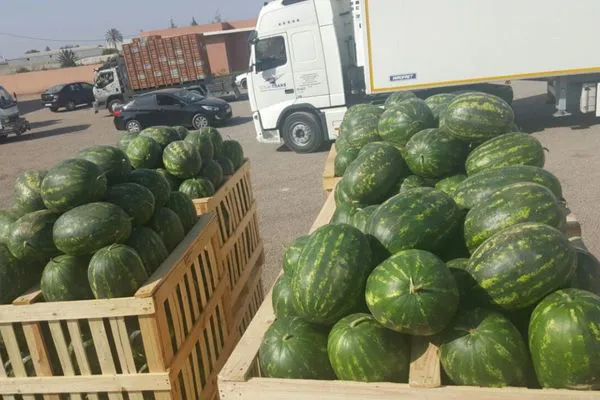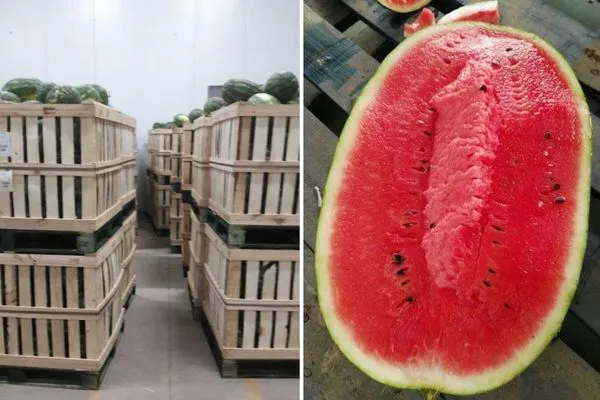As the watermelon season approaches, producers in several North and West African countries are competing with simultaneous calendars to supply the European market. Mehdi Barbouchi, CEO of Freshe Inn Morocco, issues the challenge: "Whatever the quality and the market price, we will be even more competitive".

Mehdi explains: "It is true that the volumes of Moroccan watermelons have decreased in some regions like Zagoura, but other regions have compensated this decrease. Where we produce, in Souss Massa, there will be no problem with watermelon volumes this year."
The producer adds: "In terms of prices, Moroccan producers have a significant advantage, which is the geographical proximity that significantly reduces our costs compared to watermelon producers in West Africa. We enjoy an easier and more integrated supply chain which further reduces our costs. Yes, our production costs have certainly increased this year, but this is the case everywhere in the world."

As for quality, "Moroccan producers have better traceability of the production process and better levels of pesticide residues. At Freshe Inn Morocco, for example, we have never had a complaint about quality and pesticide residue levels, and our production standards meet all national and international requirements."
"In addition to the certifications required to export to Europe, such as Globap Gap, BRC, and SMETA, we also have national norms and regulations that are more stringent than those of competing origins," adds Mehdi.
The producer says he will market 1,400 tons of watermelons of calibers of 12-26 kg, and 500 tons of Galia melons of calibers 4, 5, 6, 7, 8, and 9: "These volumes are up 30% from last season. We used to export to Perpignan, Rungis, Italy, the UK, and the Middle East, including the United Arab Emirates, and we expect the same market situation this year."
For more information:
Mehdi Barbouchi
Freshe Inn Morocco
+212 656-302466
recyclagebanati@gmail.com
